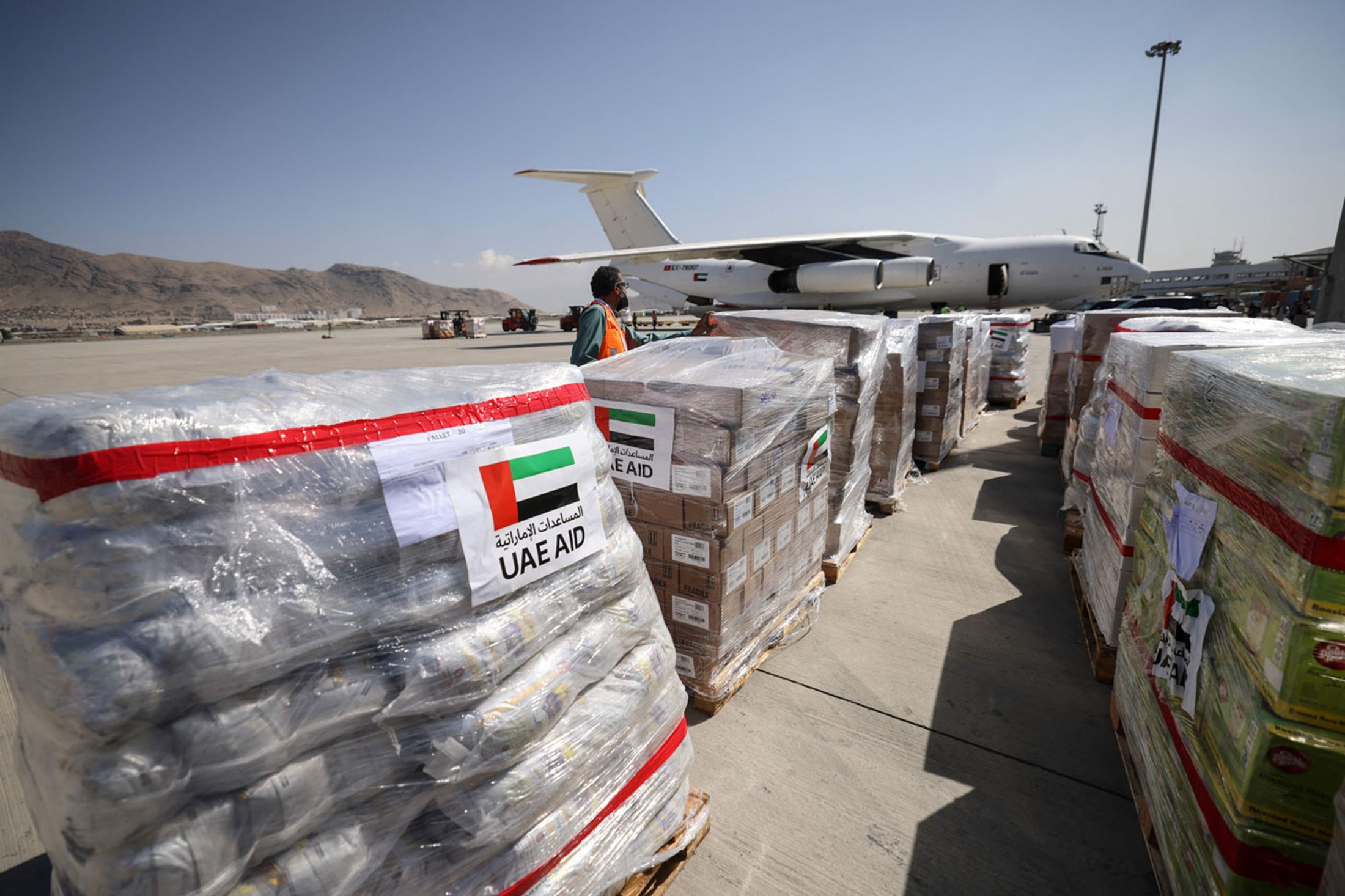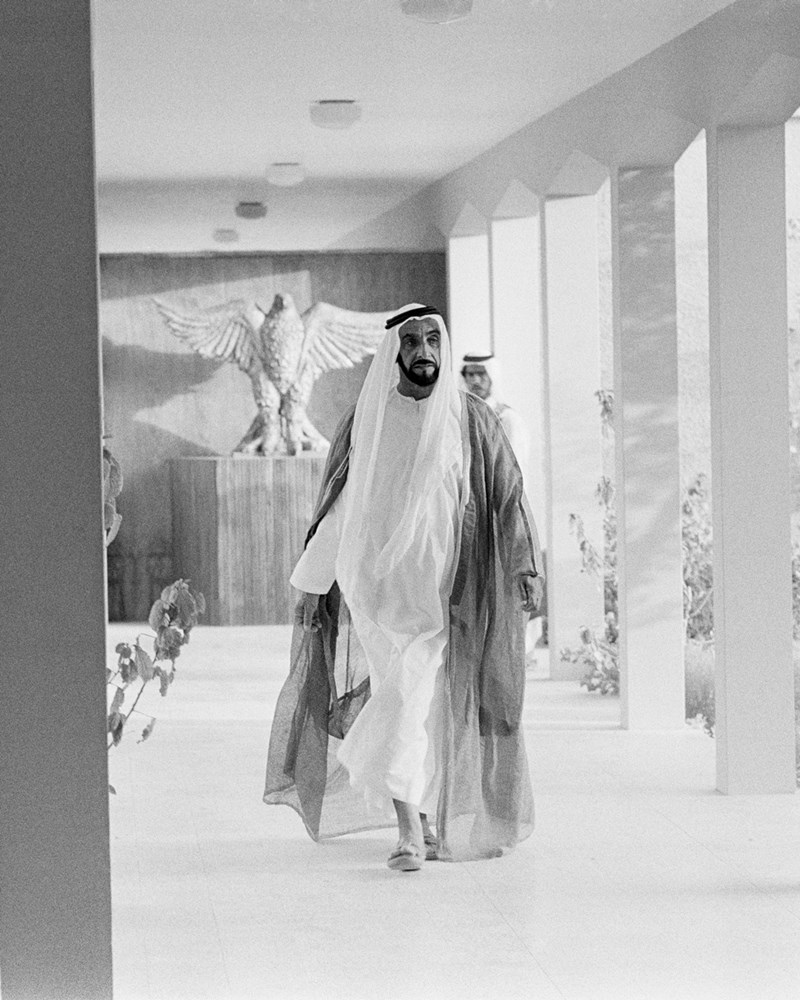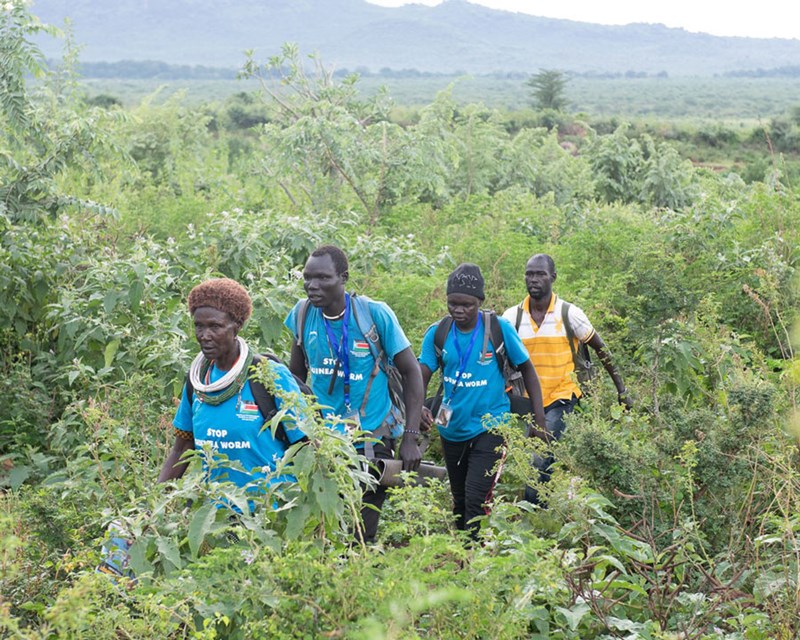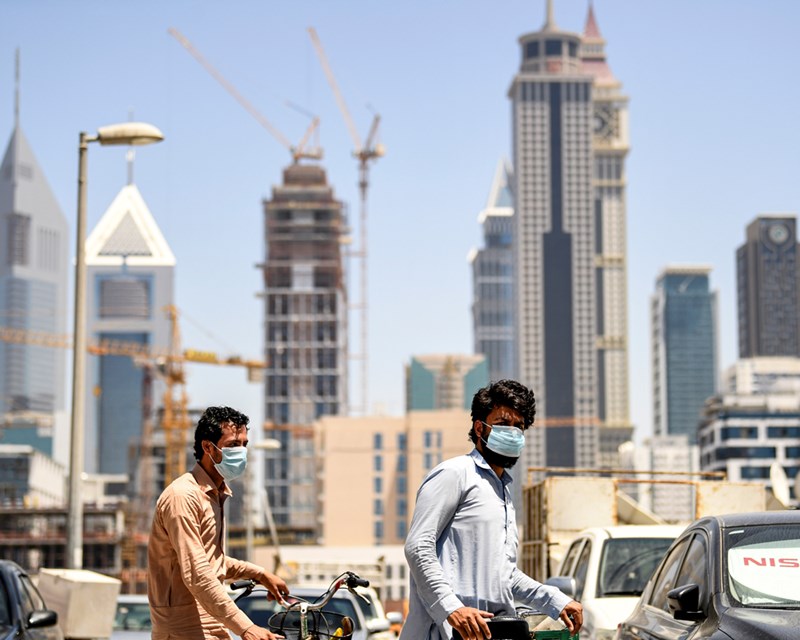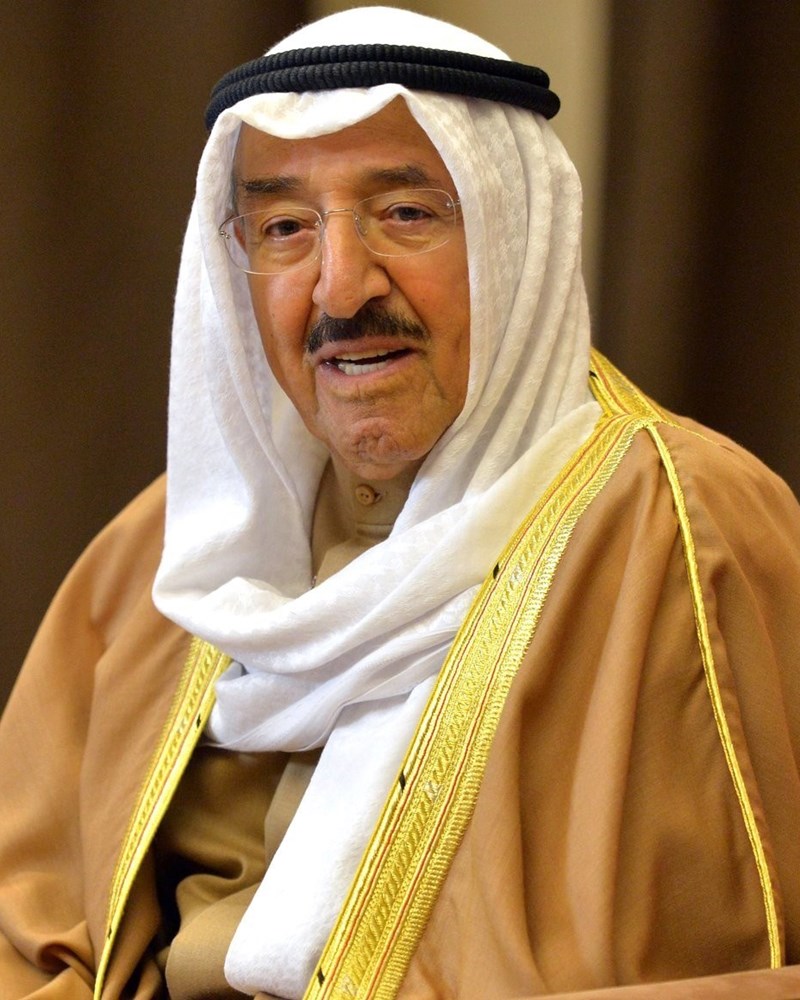The United Arab Emirates will observe 40 days of mourning to honour president Sheikh Khalifa bin Zayed Al Nahyan, who died on May 13th aged 73. But his humanitarian legacy will live on for generations around the world.
Born in 1948 in Al Ain, Sheikh Khalifa trained at Sandhurst, the royal military academy in England, and became the UAE’s second president in 2004, following the death of the country's first leader, his father, Sheikh Zayed bin Sultan Al Nahyan.
During his presidency, Sheikh Khalifa steered the UAE to become a global player in trade, tourism, finance, and energy, and attracted leading names in academia and cultural such as New York University and the Louvre to set up satellite sites in Abu Dhabi.
He also established the UAE as a leading humanitarian and development actor, providing international aid worth Dhs 206bn (US$56bn) to more than 130 nations between 2010 and 2021, according to data from the Ministry of Foreign Affairs and International Cooperation (MoFAIC).
During this period, the country was ranked as the world’s largest Overseas Development Assistance (ODA) donor by the Organisation for Economic Co-operation and Development on five occasions.
“His goodness reached all corners of the world,” said Hussain Al Hammadi, the UAE’s minister of education. “He empowered the vulnerable and the poor without discrimination on the basis of religion, race or colour.”
Sheikh Mansour bin Zayed, UAE deputy prime minister and minister of presidential affairs, meanwhile, described the late leader as “a role model of morality, kindness and giving.”

